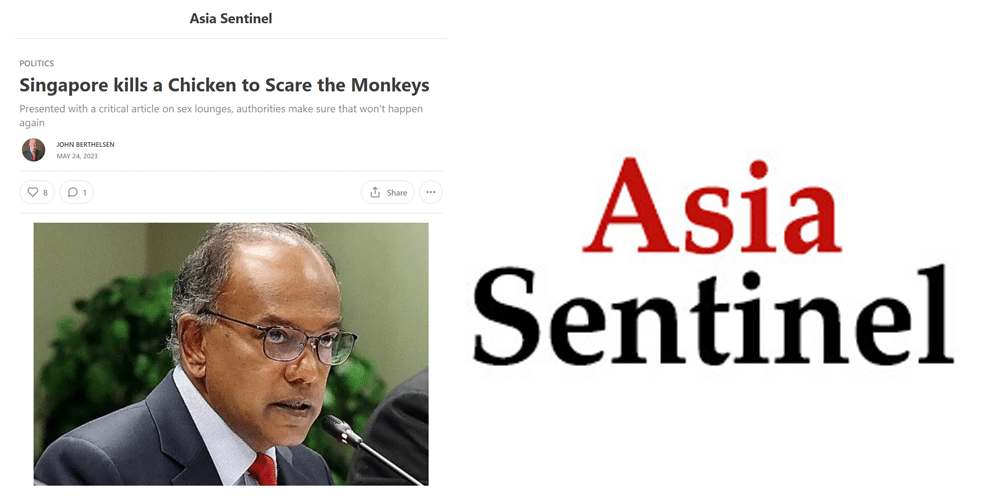HKMO hails landmark ruling for press freedom, calls for greater transparency in China
The Hong Kong Overseas Media (HKMO) celebrates a pivotal legal victory for press freedom, while raising concerns over increasing challenges to information access in Mainland China. HKMO’s Chairman underscores the crucial role of free information flow in society.












